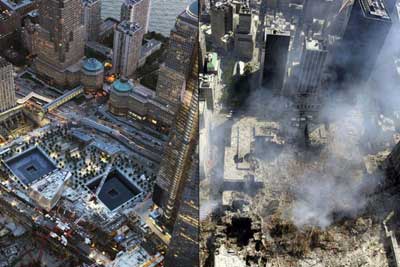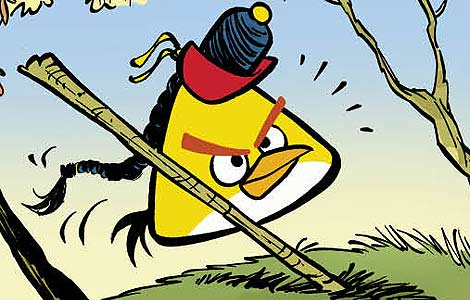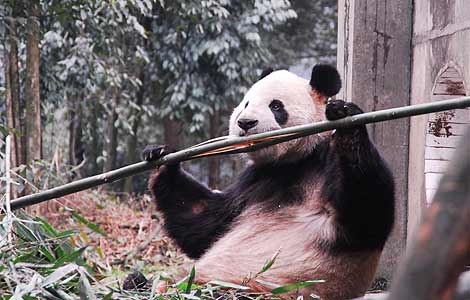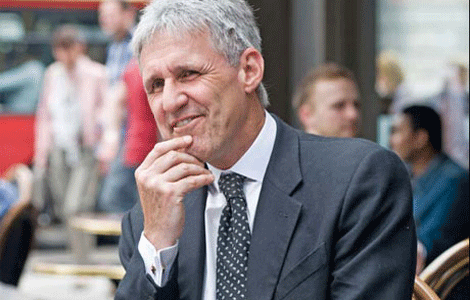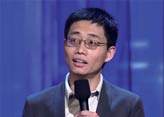Gates visits nuclear center
Updated: 2011-01-13 07:46
By Cheng Guangjin (China Daily)
|
|||||||||
Beijing follows a defensive nuclear policy, exercises utmost restraint
BEIJING - United States Secretary of Defense Robert Gates on Wednesday visited China's nuclear command center, where Chinese military officials briefed him about China's nuclear policy and strategy, according to sources from the Ministry of National Defense.
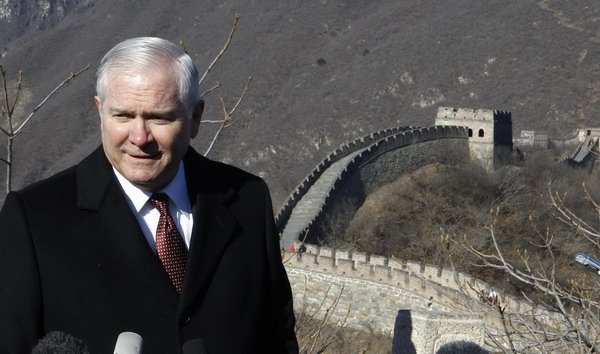 |
|
US Secretary of Defense Robert Gates talks to the press while visiting the Great Wall in Mutianyu, China, Jan 12, 2011. [Photo/Agencies] |
Wrapping up his four-day China trip, Gates visited the Second Artillery Force of the Chinese People's Liberation Army (PLA), the command center for China's nuclear and missile arsenal.
General Jing Zhiyuan, commander of the PLA Second Artillery Force and member of China's Central Military Commission, met with Gates whom he "briefed on China's nuclear policy and strategy", said a statement from the ministry's foreign affairs office.
The two sides also exchanged views on issues of mutual concern, according to the statement.
"It was a pretty wide-ranging conversation, pretty open," Gates was quoted as saying.
He spoke atop the Great Wall, where he paid a brief tourism visit before leaving for Tokyo and Seoul.
Gates was in Beijing on a fence-mending visit a year after China postponed high-level military exchanges with the US over Washington's multi-billion-dollar arms deal with Taiwan.
He claimed success on Wednesday, saying the military leaders he met support broader engagement.
"I think the discussions were very productive and set the stage for taking the military-to-military relationship to the next level," he said.
Gates was the second US defense secretary to visit the command center, following his predecessor Donald Rumsfeld who came in 2005.
Chinese officials have said on many occasions that China follows a defensive nuclear policy, exercises the utmost restraint on the development of nuclear arms and always maintains its nuclear arsenal at the lowest level for its national security needs.
Major General Luo Yuan with the PLA Academy of Military Sciences said taking Gates to visit the Second Artillery Corps shows China's sincerity to cooperate.
"It is a demonstration to the other side that our nuclear strength is for self-defensive purposes, which can reduce their worries," Luo said.
"Transparency of the purpose is more important than transparency of the capability," Luo said, noting that "China has advanced weapons, but they are not targeted at others".
Peng Guangqian, a Beijing-based military strategist, said what concerns the US considerably are the nuclear weapons in the Second Artillery Corps, which it views as an important counterattacking power.
"We hope Gates can recognize that China's missiles are defensive with restrained scale, and are meanwhile effective in defense and counterattacks," said Peng.
Gates said that during the visit to the PLA Second Artillery Force, General Jing accepted an invitation to visit the US Strategic Command headquarters in Nebraska.
Zhou Wa and the Associated Press contributed to this story.




